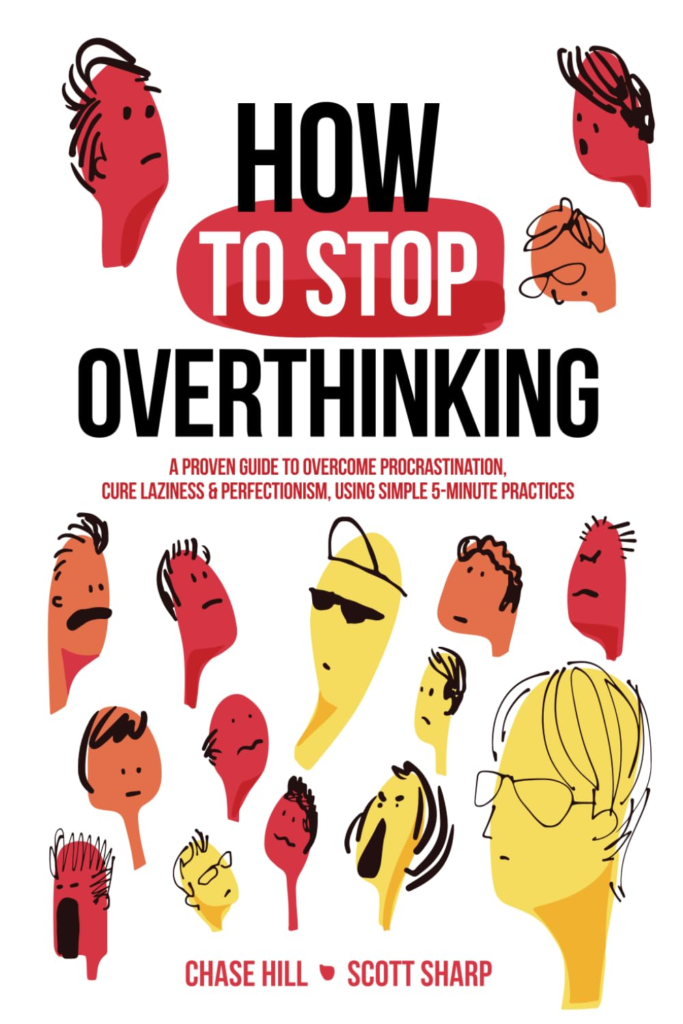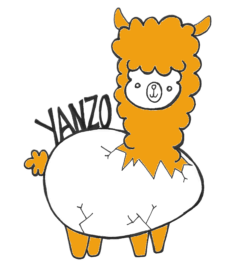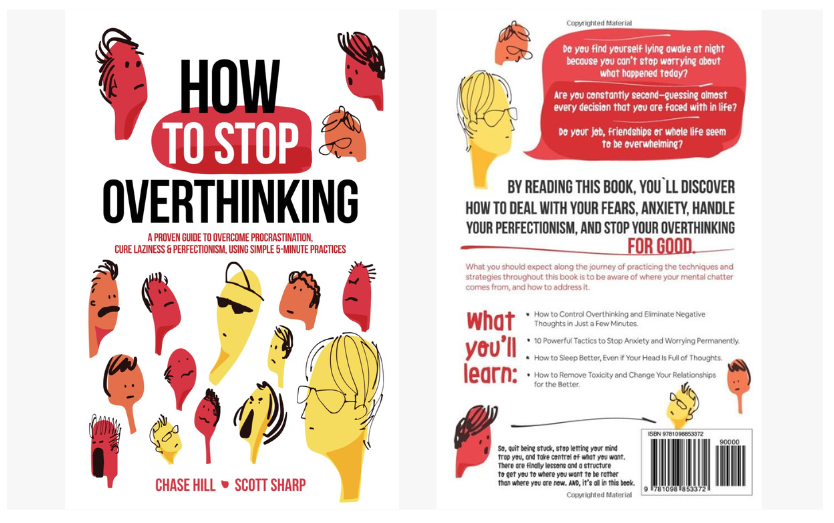Book review: How to Stop Overthinking

Rating: ⭐⭐⭐⭐ (4.1/5)
Date: 15 -May 2019
Publisher: Master the Art of Self-Improvement
Pages: 168
Introduction to the book ‘How to Stop Overthinking
Overthinking, the incessant and repetitive analysis of past events or potential future scenarios, is a common struggle for many individuals. Including me. It can lead to anxiety, stress, and a lack of productivity.
In their groundbreaking book, ‘How to Stop Overthinking’, Chasel Hill and Scott Sharp provide valuable insights and practical techniques to help readers break free from the cycle of overthinking and find peace of mind. As someone who has personally battled with overthinking, I was eager to read this book as self-help tool.
Why is overthinking a problem?
Overthinking may appear harmless at first, but its consequences can be far-reaching. The incessant rumination and analysis create a mental trap that keeps us stuck in the past or future, preventing us from fully experiencing the present moment. This constant mental chatter can lead to heightened levels of stress, anxiety, and even depression.
Overthinking also hampers decision-making abilities, as the mind becomes entangled in a web of doubts and what-ifs. It hinders our ability to trust ourselves and can strain relationships, as we become overly critical and judgmental of others. It is evident that overthinking is not merely a benign habit but a significant challenge that requires attention and resolution.
Key concepts and techniques in ‘How to Stop Overthinking’
In ‘How to Stop Overthinking’, Hill and Sharp present a comprehensive framework to help readers overcome the perils of overthinking. They introduce key concepts such as cognitive restructuring, mindfulness, and reframing, empowering readers to challenge and change their thought patterns.
The book emphasizes the importance of self-compassion and teaches readers how to cultivate a kinder and more nurturing inner dialogue. Through practical exercises and guided meditations, Hill and Sharp guide readers on a transformative journey towards self-awareness and inner peace.
They provide step-by-step instructions and actionable strategies that can be implemented in daily life to break free from the chains of overthinking.

Pros and cons of ‘How to Stop Overthinking’
As with any book, ‘How to Stop Overthinking’ has its strengths and weaknesses. On the positive side, the book offers a holistic approach to tackling overthinking, encompassing both psychological and mindfulness-based techniques. The writing style is accessible and engaging, making complex concepts easy to grasp.
The inclusion of practical exercises and meditations enhances the book’s effectiveness, providing readers with tangible tools to implement in their daily lives. However, some readers may find that certain sections of the book as too theoretical, which can be overwhelming for those seeking a more concise and practical guide. I personally think it is already quite concise.
How ‘How to Stop Overthinking’ compares to other self-help books on mental health
In the saturated market of self-help books on mental health, ‘How to Stop Overthinking’ stands out for its unique combination of psychological and mindfulness-based approaches. While many self-help books focus solely on cognitive techniques or mindfulness practices, Hill and Sharp’s book integrates both, offering readers a comprehensive toolkit for combating overthinking.
The authors’ personal experiences and relatable writing style further distinguish ‘How to Stop Overthinking’ from other books in the genre. This holistic approach, combined with the practical exercises and meditations, sets ‘How to Stop Overthinking’ apart as a valuable resource for those seeking to regain control over their thoughts and find peace of mind.
Recommendations for who should read ‘How to Stop Overthinking’
‘How to Stop Overthinking’ is a must-read for anyone who finds themselves trapped in the cycle of overthinking. Whether you are plagued by anxiety, stress, or simply wish to cultivate a more peaceful and present mindset, this book offers valuable insights and practical techniques.
It is particularly beneficial for individuals interested in a holistic approach that combines cognitive and mindfulness strategies. Regardless of your background or level of familiarity with mental health concepts, ‘How to Stop Overthinking’ provides a user-friendly guide that can be easily implemented in daily life.
Conclusion and final thoughts on the book
‘How to Stop Overthinking’ by Chasel Hill and Scott Sharp is a game-changer in the realm of self-help books on mental health. The authors’ expertise, combined with their relatability and compassion, make this book an invaluable resource for anyone seeking to break free from the shackles of overthinking.
The practical techniques and exercises provided empower readers to take control of their thoughts and find true peace of mind. As someone who has personally benefited from the this book, I think it is a good book to help you work in your mental well-being.
Remember. It’s important to acknowledge that while books can be beneficial, they cannot replace the unique advantages of professional therapy and the support of family.
Sources

Disclaimer: This review and rating are based on my personal experience. Please use them as a reference point. I encourage to read it yourself to get your own perspective.

